When will the opposition take young voters seriously? Mr Dutton, it’s time you looked to Canada

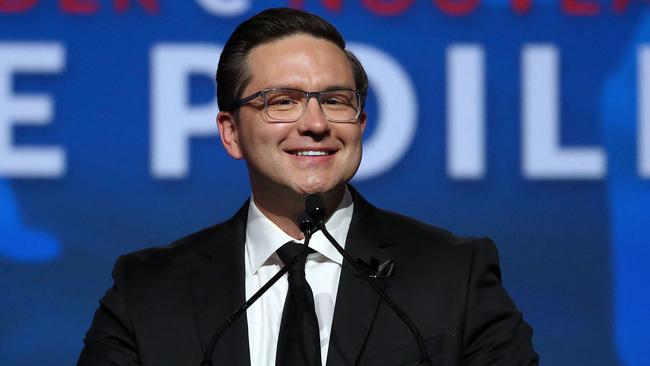
Under Pierre Poilievre’s leadership, the Conservative Party of Canada currently enjoys a 20-point lead over Justin Trudeau’s centre-left Liberals. And the 45- year-old Tory leader is set to become the next Canadian prime minister largely due to his popularity among young people.
According to the latest polling, Canadian millennials are nearly twice as likely to vote for Poilievre’s Conservatives than the party of Trudeau.
Learning from Poilievre will be vital if Australia’s Liberal Party ever wants to win government again. From a strategic perspective, the party must look at what connects with younger voters worldwide, and ignore the partisan parochial voices at home.
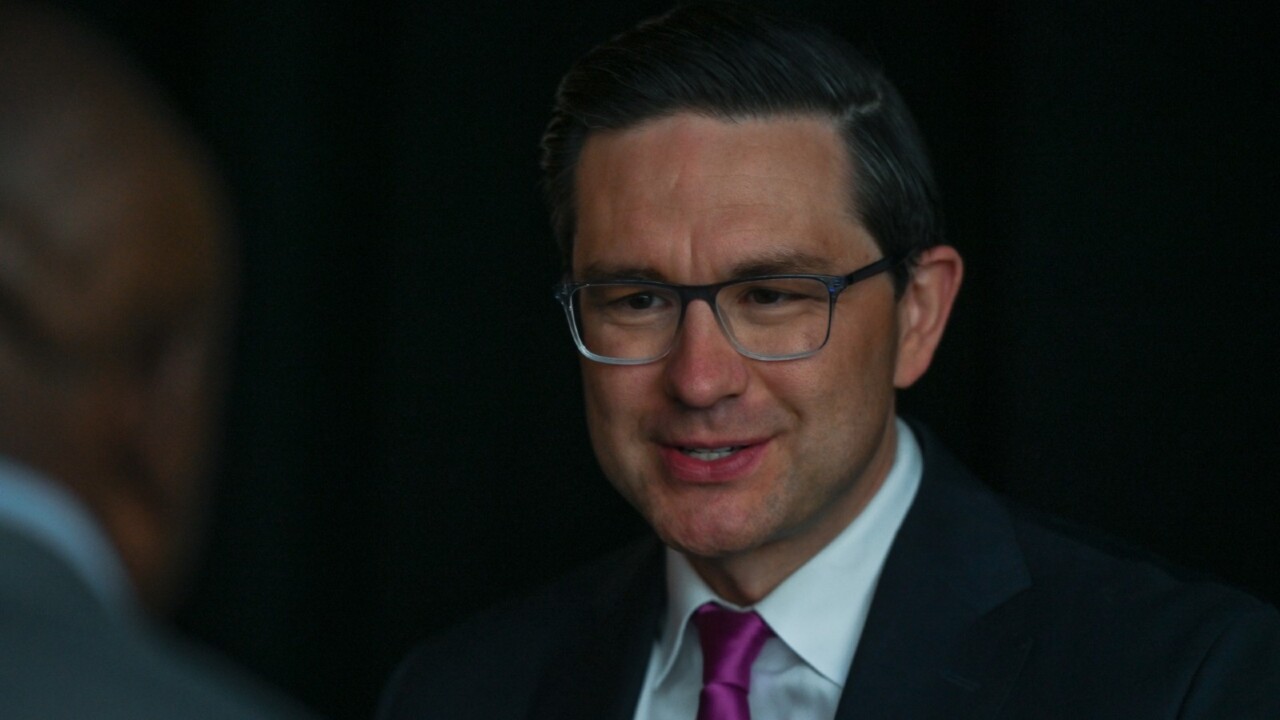
In the comments sections of right-leaning newspapers, for example, it is not unusual for anyone under 35 to be dismissed as irredeemably woke, fixated on climate change, and with extravagant spending habits.
Younger generations are indeed progressive on social issues, but this doesn’t mean such concerns outweigh economics. Poilievre is popular because he mostly sidesteps social and cultural issues, and hones in on the cost of living. In doing so, he has tapped into the sentiments of the majority with remarkable success.
Known for his libertarian-leaning economic views, Poilievre champions reduced government spending, lower taxes and minimal market intervention. He’s been a vocal critic of the Bank of Canada’s monetary policies and government deficits, arguing that they fuel inflation. But it’s the laser focus on housing affordability that has truly resonated with young Canadians. His YouTube channel, with over half a million subscribers, features in-depth videos that dissect complex economic issues into easily digestible explainers.
One video: “Housing hell: how we got here and how we get out” is refreshingly direct. He breaks down housing inflation into its component parts – interest and principal – and explains how government deficits lead to quantitative easing, fuelling inflation and forcing central banks to raise interest rates. This, in turn, increases mortgage stress and drives up rents. He also explains supply-side issues, pointing out that building approvals in Canada are slower today than they were 50 years ago, despite a much larger population. Excessive red tape has created a situation of increased demand but constrained supply.
Poilievre asks: “What do you think is the most expensive thing that goes into a new house in Vancouver? Is it labour? Lumber? Land?” His answer: “Nope! Government.” He coins the term “Gatekeeper Gap” to describe the myriad costs associated with permit delays, consultants, legal fees and taxes that drive up housing prices.
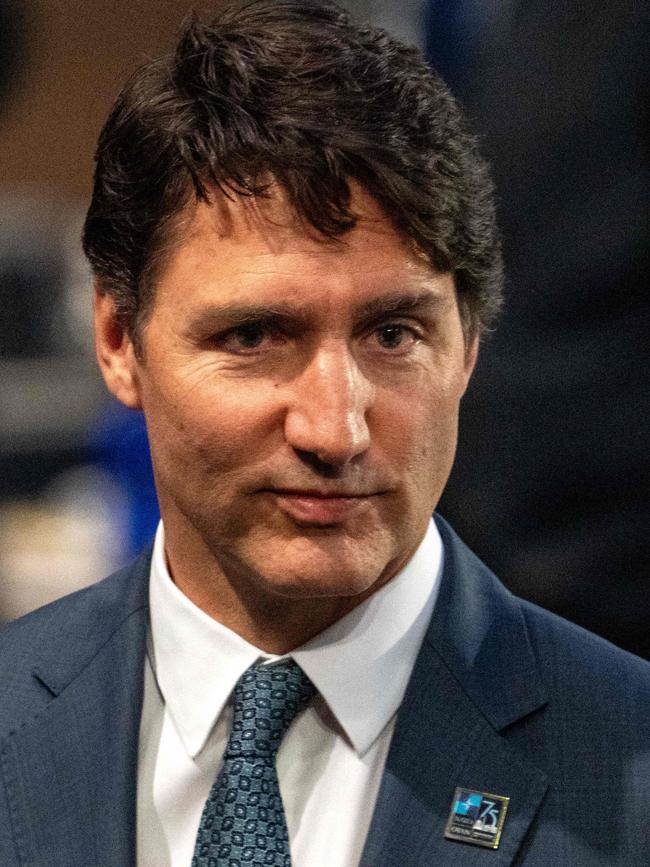
This resonates strongly in Australia. Research from the Centre for Independent Studies has found that planning restrictions raise house prices by a staggering 73 per cent above the cost of dwelling structure and land in Sydney, 69 per cent in Melbourne, 42 per cent in Brisbane, and 54 per cent in Perth – figures that exceed even Canada’s.
Poilievre asks viewers why they would buy a house in Canada when they could purchase a castle in Europe for the same price (Dutton could ask the same thing here). Despite the fact that planning restrictions are a local government concern, Poilievre does not let Trudeau off the hook. “The Trudeau government has encouraged this gatekeeping with billions of dollars in new grants to the same city governments that block home-building,” he says. “You lose two ways: you pay more in taxes so you can pay more for a home.” A killer line, if there ever was one.
“If we don’t fix this, we could have hundreds of thousands of middle-class people living on the street in Canada,” he warns.
“A home is your financial future. A home is the place you’re secure. A home is where you raise a family. A home is at the centre of everything you do in your life.
“If the government stands in the way of you getting a home, it stands in the way of your entire life going forward.”
The stark contrast between Poilievre’s approach and that of Australian politicians, especially those in opposition, is depressing. When I searched for Peter Dutton’s YouTube channel, I found only a few parliamentary speeches, many with fewer than 100 views. Conspicuously absent was any eye-catching content addressing the housing crisis, or explaining the link between government spending and inflation. And I couldn’t find anything speaking directly to the concerns of younger voters.
What explains this? Can’t the Liberal Party afford a PR team? Whoever is running their PR strategy is doing a woeful job.
Perhaps the Liberal Party has just resigned themselves to defeat. Ignoring YouTube as a campaign channel would suggest so.
According to one report, YouTube advertisements reached 82.5 per cent of Australia’s total internet users (across all age groups) in January 2024.
That’s twenty million Australians. But it’s not just YouTube – Instagram, TikTok and Twitter is where young people receive their news. If the Liberal Party is not churning out material daily on these platforms, then they are just not serious about winning.
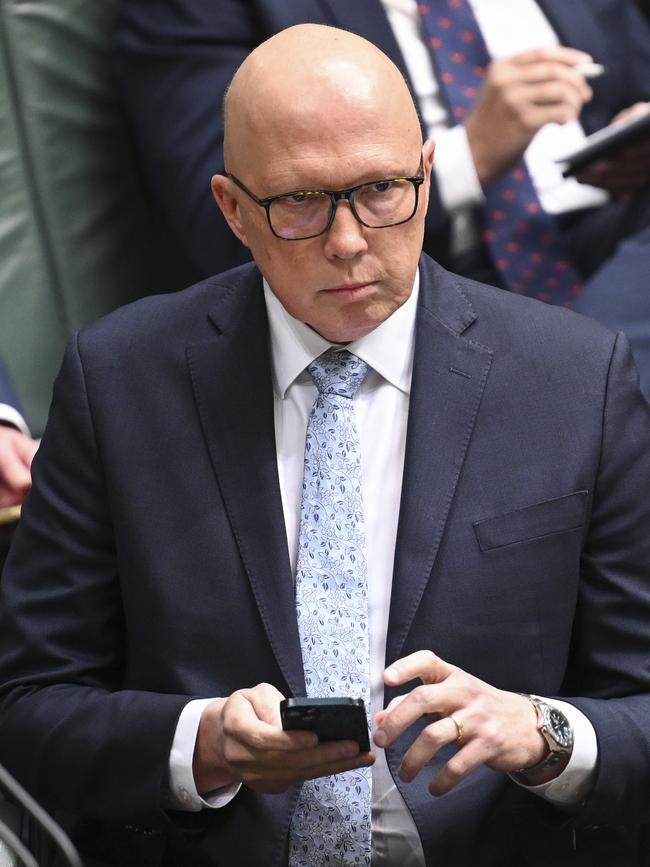
Unfortunately in Australia, the only party speaking directly to the young about their housing woes is the Greens. Rent control – which is proposed by the Greens – is the worst possible solution to the affordability crisis. (Below-market rents mean that landlords can’t afford to maintain their properties, or pay mortgages, decreasing rental supply.) But if the party in opposition is unable to tell a story to young people about why they cannot afford a house under the current government, we shouldn’t be surprised when policies like rent control start gaining traction.
Young voters are not a lost cause for conservative parties. Yes, they do care about climate change and a myriad of identity issues, but they also care about having a roof over their head. To win their votes, leaders just need to take their economic concerns seriously. And yes, the economic concerns of young people that include inflation, high taxes and housing unaffordability will come into conflict with those who have a vested interest in continued government spending, untethered from gains in productivity.
What Poilievre says about Canada could easily be said about Australia. If anything, our situation is worse. Yet for some reason, our opposition party is unable to tell a story that would help young people understand why their standards of living are in decline. And if our Liberal Party can’t tell a story about the principles of economic rationalism, who can?
Claire Lehmann is founding editor of Quillette online magazine.



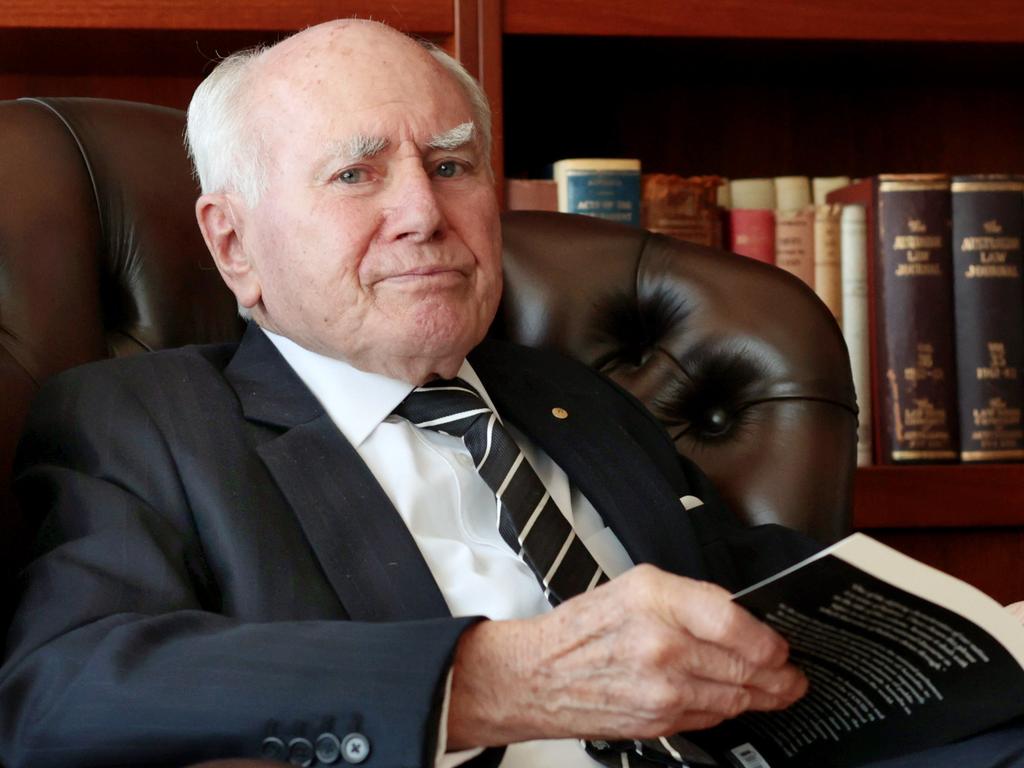
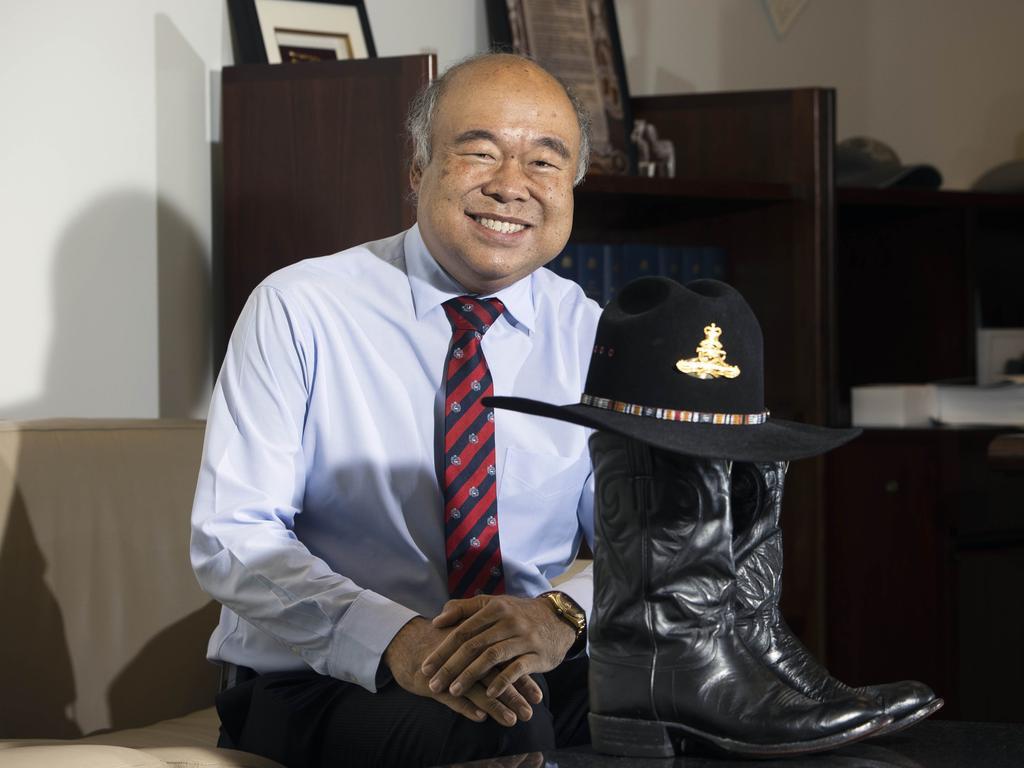


For years, conservative parties worldwide have grappled with the challenge of attracting the youth vote. In Australia at the last election, only one in four under-40s voted for the Coalition, with Gen Z 25 per cent less likely to support them compared to the average voter. This trend isn’t unique to our shores – centre-right parties around the world are suffering the same problem. But there is one notable exception: Canada.